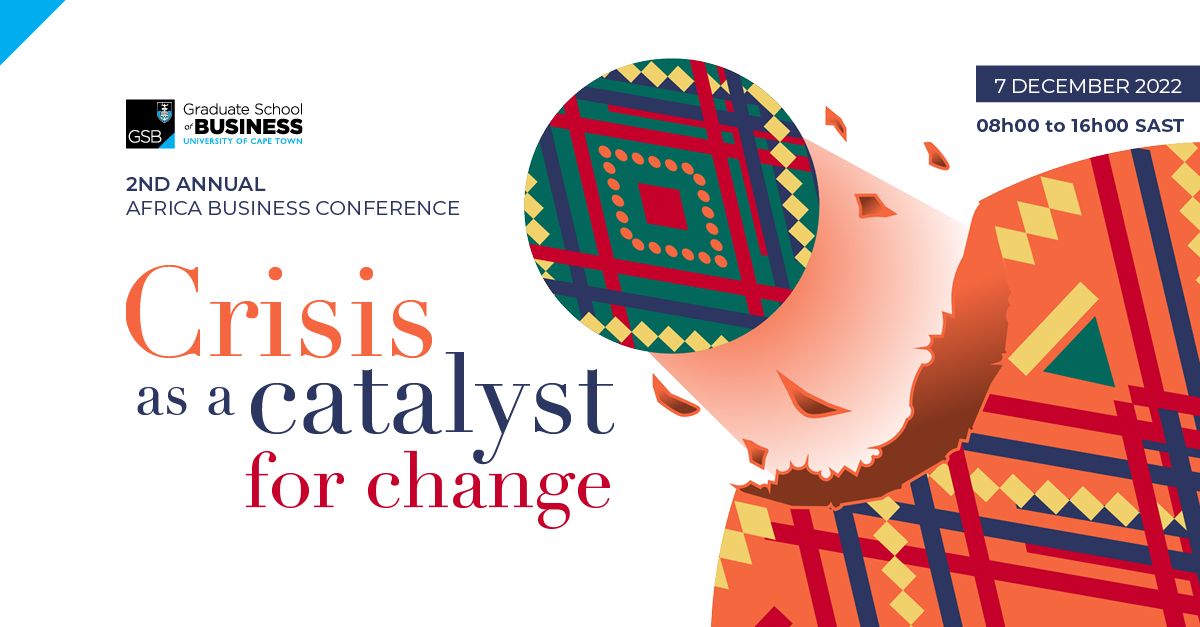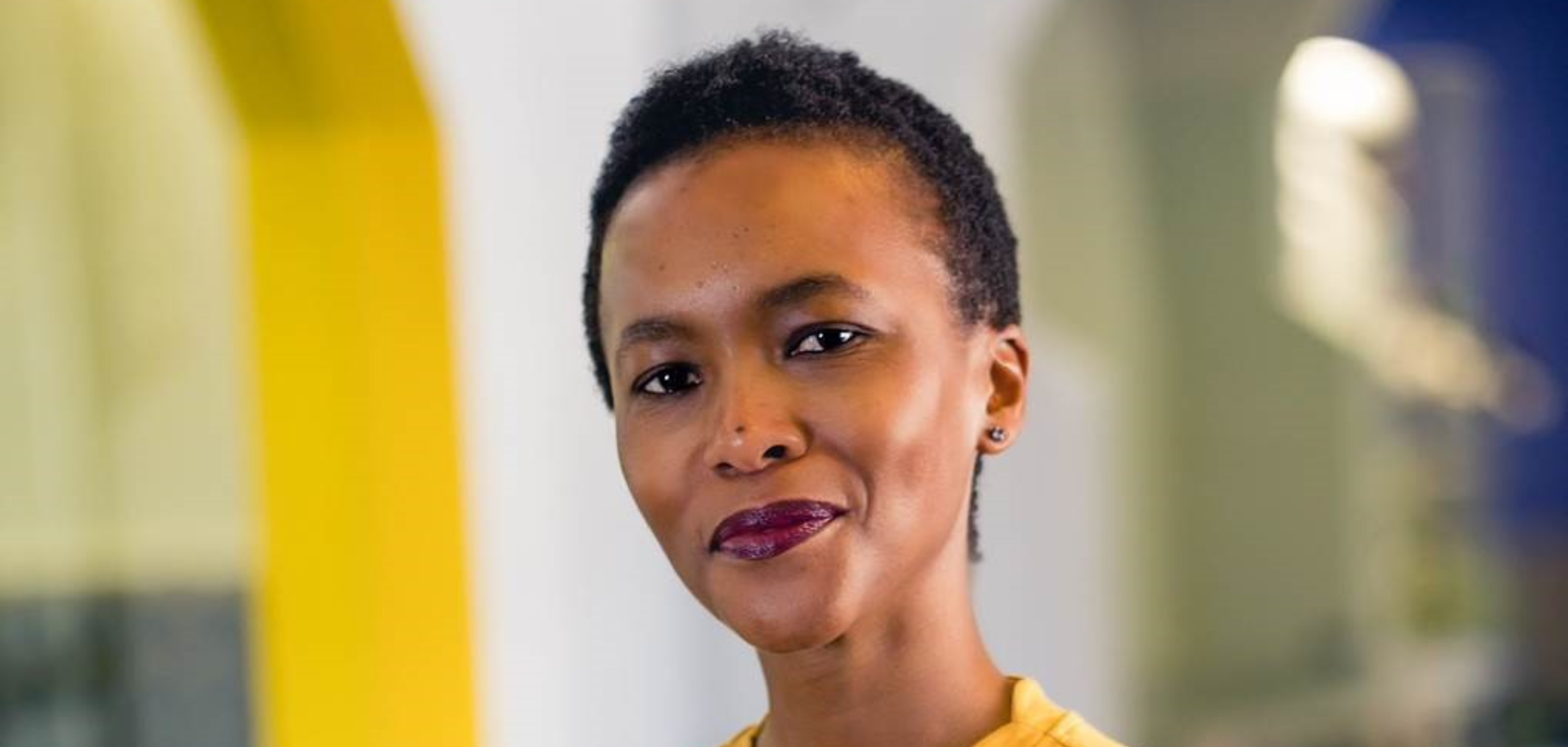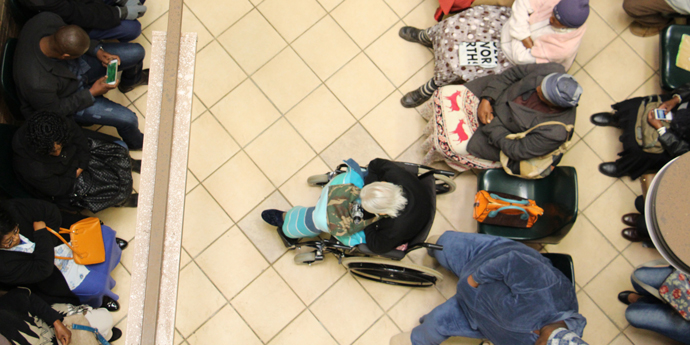COVID-19 has galvanised remarkable digital innovation across the continent and technology is radically changing nearly every sector of the economy. A staggering 13% of all new or modified technology developed globally to respond to COVID-19 was born on this continent. Innovations include chatbots in South Africa, self-diagnostic tools in Angola, and mobile health information tools in Nigeria. Not only have digital technologies been spearheading the fight against the pandemic itself, they have been used to combat its socio-economic fallout, ensuring relative continuity in education, social protection, banking, and business.
COVID-19 has also spurred governments across the continent to take action and rapidly change public services operations through digital tech. Equatorial Guinea’s Infrastructure and Telecommunications Ministry announced increased bandwidth speed and connectivity. Togo used its biometric election register to issue cash advances to destitute citizens from its informal sector. Ghana launched a tracker app to augment efforts in tracing people who had been exposed to COVID-19 positive individuals.
The dark side of digital transformation
While tech advances are continuing to make life better for many on the African continent, digitisation comes with downsides, including exacerbating the effects of societal and economic inequality on the most vulnerable, widening the digital divide in education and exposing countries to higher risk of cybercrime. For example, the rapid increase in internet use has resulted in a five-fold increase in cyberattacks and cyber threats due to a lack of cyber security frameworks in most African countries. Four African states now rank in the world’s top 10 by share of users attacked by mobile malware – and cybercrime is expected to rise alongside growing levels of COVID-19 inflicted poverty and desperation.
Despite technology’s dark side, digital transformation is being heralded as Africa’s game changer, driving innovation, economic growth and job creation. But it has certainly not done so across the board: thus far digital transformation has largely benefited the rich and stymied the poor. Internet user stats, a litmus test for a country’s potential to create opportunities that enhance development and cultivate thriving economies, show that Africa currently has a 43% penetration rate. Southern Africa ranks highest at 62% in contrast to East and Central Africa which have the lowest rates of 24% and 26% respectively. The African Union estimates that nearly 300 million Africans live more than 50 km from a broadband connection, significantly obstructing the potential to fully harness digital transformation. As Cristina Duarte, Special Adviser on Africa to the UN Secretary-General, says, “Unless African policy makers assume the access to digital technologies as an important socio-economic inclusion tool, the adoption of digital solutions will reach only those with electricity and access to telecommunications, reinforcing the prevailing inequalities and widening the gap between the haves and have nots.”
A more nuanced analysis can light the road ahead
It is within this context of good and evil that we are called to ensure that future digital possibilities are leveraged to build back better. The 7 P’s framework provides a simple tool for a more nuanced analysis of digital transformation’s impact during the pandemic and can provide indicators for the road ahead. The 7 P’s stand for people, productivity, profit, power, policy, politics and prosperity.
Research from Wharton shows that remote working during the pandemic did not result in a productivity decline but in fact made many people more productive. A closer look reveals that this is especially true for those without children, or those not responsible for childcare, home-schooling or other household responsibilities that still disproportionally accrue to women, particularly in more traditional societies. The intersection of race, class, gender, and nationality means that while men benefited from working at home, women – particularly Black women – paid for the productivity boost. Policy has a key role to play to ensure those hit hardest economically, can recover, but getting policymakers to take account of gendered effects is an uphill battle. Analysing how the pandemic impacts women and other marginalised groups opens opportunities for ensuring digital solutions are more inclusive and that technology developed to build back better reaches those that need help most.
COVID-19 also triggered a shift in power, from companies to consumers. People are increasingly awakening to the value of their personal data; the power it puts in their hands, and the necessity of safeguarding it. Digitally empowered consumers have information at their fingertips – and will increasingly use this power to find better deals from personal finance to pet food. The capacity of social media to amplify consumer opinions and preferences is giving rise to a new type of organisation, the consumer-focused enterprise. These enterprises make consumer perspectives integral at every level and across every function. Consider how Africa’s fintechs such as Paga or Cellulant differ from traditional banks and you’ll recognise the hallmarks of a consumer-focused company – disruptive, fast, flexible, easy, efficient and, of course, client-friendly.
Digital is also changing politics. According to Brookings, political infighting, armed conflicts and a weakening of democracy in Africa were already on the rise before the pandemic. Given this trend, declining revenues and rising social unrest may well lead to increased surveillance, censorship, disinformation and repression. However, digital transformation also provides the capacity to educate like never before, though the ubiquitous nature of fake news means responsible citizens must become more discerning. Constituents who are more informed and engaged may well be able to better hold politicians to account.
With opportunities for advancement come challenges, and the technological advancements that COVID-19 is giving rise to, are no exception. Whether it’s the 7 Ps or any other framework, a deeper analysis of Africa’s digital transformation can help close the digital divide by shaping our build back better efforts and innovations. While adjusting to the seismic changes all around us, we must reimagine, renew and reset business as usual – using technology to better ensure that no one is left behind.
Sharron L. McPherson is Adjunct Senior Lecturer at the UCT Graduate School of Business.
This article was first published in Fin24.









































